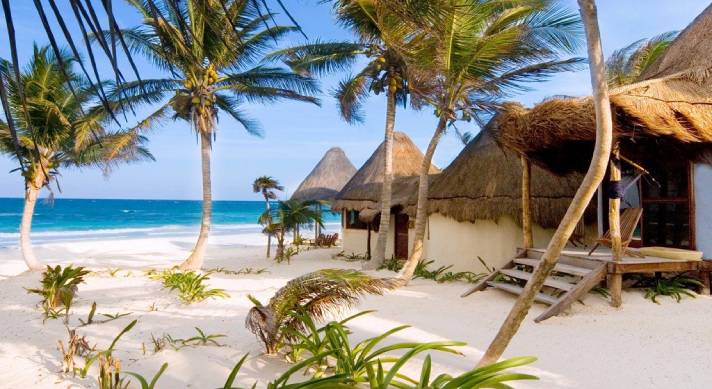The benefits of African thatch are many. It is affordable, durable, and blends into more environments. Additionally, it is easy to install and maintain. But what makes this type of roof so special? Here are some tips to keep in mind when considering this material. Listed below are some reasons why you should consider it for your home. And remember, the best way to get started is to learn as much as you can about this beautiful roofing material.
Affordable
If you’re looking for a durable and affordable material for roofing, look no further than African thatch. Made from palm fronds and dried grass, this natural building material is also inexpensive and incredibly durable. In Germany, for example, thatching protects homes from extreme heat and rains, while in South America and Japan, thatched roofs are a common sight. This traditional method of roofing is catching on with a new generation of architects. One such architect, Mr. Smith, has taken his equipment and grass to Portugal to thatch twenty homes for African emigrants.
While many people are hesitant to use African thatch because it is expensive, the fact is that this type of roofing is relatively inexpensive. You can install it yourself or have a professional install it for you. This product is also highly durable and can withstand extreme climate conditions. Using African thatch for roofing can make your home feel cool and last a long time. You can even get custom thatch work done for your house if you want an authentic African motif.
Durable
Although African reed thatch is very durable, it does require some maintenance to maintain its good looks and durability. It needs to be stacked correctly to avoid damage and stored away from moisture and insects. Once installed, it needs to be hosed down daily for 30 days to prevent water from seeping in. Afterward, it should be allowed to dry naturally. Once dried, the reeds will look like new!
There are many benefits of using African thatch over its alternatives. First, it blends better into tropical environments. African thatch is durable and blends into more settings than Balinese thatch. Another benefit is its durability. Once installed, it is 99% waterproof, making it perfect for outdoor use. Additionally, it provides a cooler shade than canvas umbrellas, and it is fire-resistant. If you are concerned about your wallet, you can consider using synthetic thatch. Most manufacturers are backed by a 5 year warranty, and there are plenty of options available.
Blends into More Environments
While the traditional beauty of thatched buildings cannot be disputed, there is an appealing quality to the more modern examples of thatch. The Enterprise Centre at the University of East Anglia is built using thatched cladding, while the Silver Bay House on the Western coast of South Africa incorporates the elegant material into a modern build. It may not be as striking as a traditional thatched house, but its design will appeal to many modern homeowners.
Compared to other roofing materials, African Thatch has better insulation properties. Unlike many other roofing materials, it is warmer at night and a more comfortable roof surface during the day. It can also be used over heated swimming pools and spas. Additionally, it is highly durable, enduring, and easy to install. Lastly, synthetic thatch panels are easy to install and come with preassembled construction, making them a great alternative to natural thatch.
Easy to Install
The benefits of African thatch are many, including its unique appearance and ease of installation. The reeds used are native to Africa and are hand-dipped and glued to heavy-duty urethane binder. Its distinctive stepped appearance and color variations create visual impact. Installation is similar to that of a standard roof shingle. You can begin by planning the installation of the reeds on the roof structure.
The roofing panels are intended to provide shade and a moderate level of protection from the elements. Installation is relatively straightforward and can be done by landscape design contractors. Despite the benefits of African thatch, it requires a certain level of expertise and attention to detail.

Fixie owner, self-starter, audiophile, Mad Men fan and storyteller. Working at the crossroads of beauty and computer science to create great work for living breathing human beings. Let’s chat.


